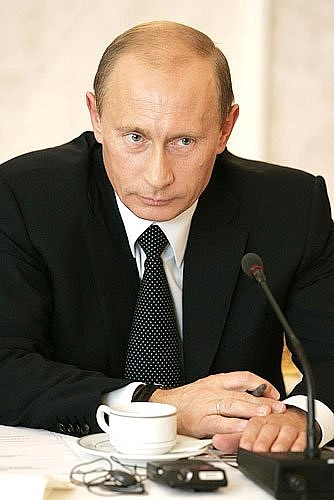
The European Jewish Congress (EJC) was created in 1986, succeeding the European branch of the World Jewish Congress. Its headquarters are in Paris. The EJC today represents 42 European Jewish communities bringing together more than 2.5 million people. The Congress has branches in Berlin, Brussels, Budapest and Strasburg.
The Congress works actively with European governments, leading international organisations and European integration organisations, including the European Union, the Council of Europe and the OSCE.
Since June 2007, Vyacheslav Kantor of Russia has been president of the EJC.
The EJC’s activities focus on resolving problems currently facing modern society such as protecting human rights, combating xenophobia and anti-Semitism, supporting dialogue between the different regions, developing cultural and educational programmes and preserving the memory of the Holocaust and other tragedies that have cost the lives of millions of people around the world. As an organisation directly involved in the integration process in Europe, one of the EJC’s important missions is to help strengthen a democratic society in Europe based on the principles of peace, understanding and tolerance.
Opening the meeting, Mr Putin expressed his support for the idea of drawing up a common European programme for fighting extremism, xenophobia and anti-Semitism. This work would be an important complement to the efforts made by international organisations and other bodies to promote greater understanding and tolerance, the President said.